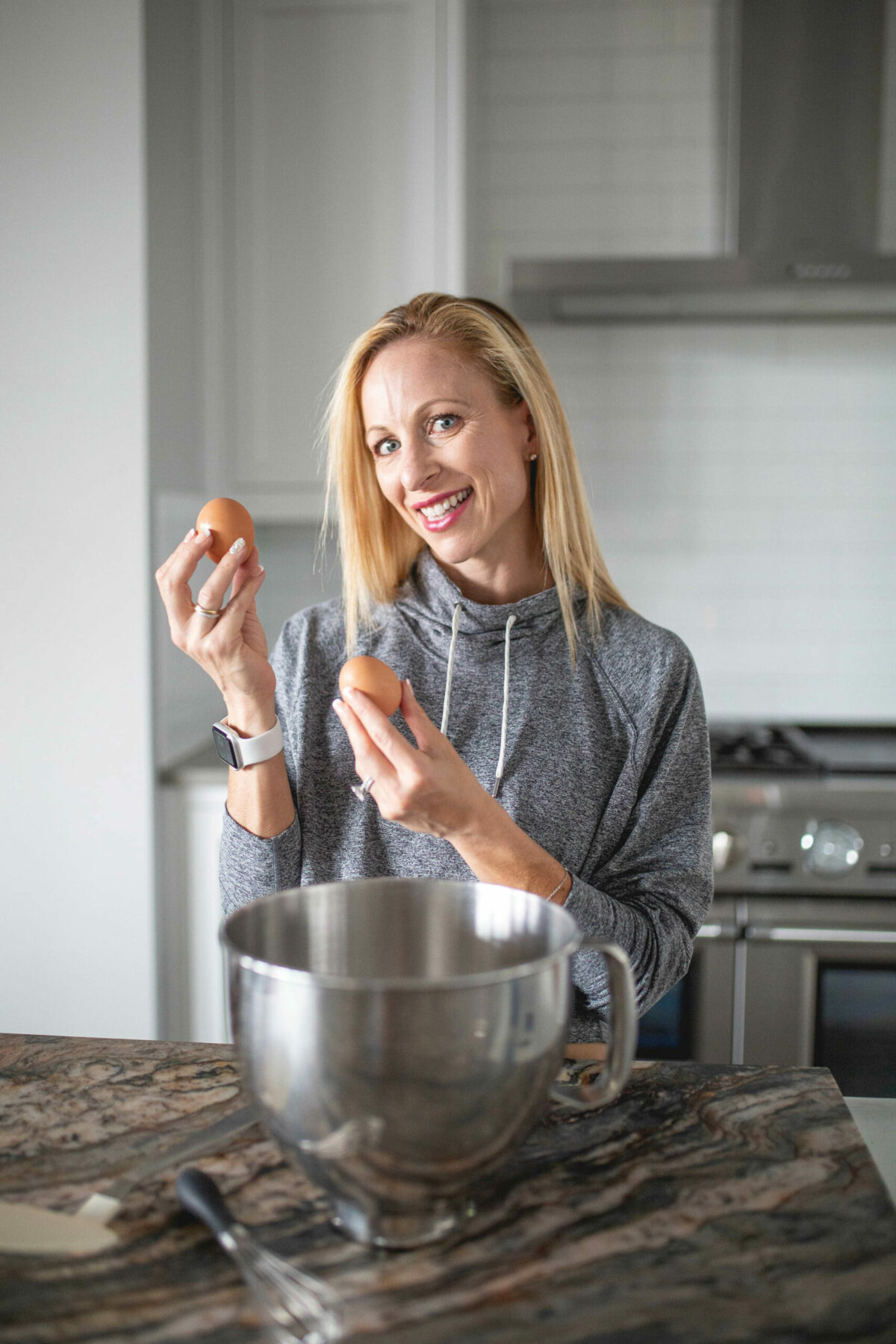The Benefits of Farm-Fresh, Pasture-Raised Eggs

You know the saying, “When Momma is happy, everyone is happy”? This lends itself to be true, whether that momma is a human or a chicken.
Is it true that free-range, pasture-raised hens produce more nutritious eggs than conventional (cage-confined hens) eggs? If it is true, could it be true that happy farm animals produce healthier food for us to consume?
In 2007, Mother Earth News did a project testing the nutrition density of eggs from pasture-raised hens versus eggs from conventional (confined) hens. Researchers looked at 14 flocks from around the United States. Six eggs were analyzed from each of the 14 flocks in a laboratory in Portland. They established that the eggs from these free-range flocks were more nutritious by:
- 1/3 less cholesterol
- 1/4 less saturated fat
- 2/3 more vitamin A
- Two times more omega-3 fatty acids
- Three times more vitamin E
- Seven times more beta carotene
It was hypothesized that these dramatic nutritional differences were due to the different diets that free-range hens consumed versus the conventional caged hens. The free-range hens were able to hunt and peck around in the sunshine for bugs, grasses, seeds, worms and other natural organic matter. This allowed for a greater nutrient profile from the foods found and ingested.
The conventional hens, on the other hand, were given a diet of cheap corn, soy and/or cotton seeds plus a vitamin mixture to fill the nutritional holes. They are kept in cages that are barely big enough for the hens to move. There is little to no natural light, and the environment can be so stressful it causes the birds to molt.
Is it true that these happy-go-lucky hens that get to roam free, frolicking in the sunshine and eating from their environment, produce a healthier and more nutritious egg? Mother Earth News was not the first or only group to investigate the differences in the nutritional value of pasture-raised eggs.
In 2003, Heather Karsten of Pennsylvania State University studied the health of foraging hens. First, Karsten points out that grazing and foraging are good for the grasses, soil, and water and air filtration in an ecosystem. It is also a natural way to manage farm animals, as they forage their own food and spread their own manure, with little labor or work from the farmer.
The hens that Karsten and her team studied were rotated between fields of grass, clovers and alfalfa. They looked at 25 hens, each spending two weeks in each grassy area, then analyzed the quality of their eggs. They found that all field foraging produced more nutrient-dense eggs than those of conventionally kept hens that were fed grains.
Pasturing provided:
- Twice as much vitamin E
- 40% more vitamin A
- Three times more omega-3
The nutritional advantages of pasture-raising hens for higher quality eggs are evident in the research. So, why are hens still being conventionally kept in cages and fed grains? In the end, it comes down to money. It is more economical to keep hens in this manner to produce a less expensive egg. But is it worth it?
Based on the research, you get what you pay for. The less expensive eggs laid by conventionally kept hens that are fed grains are by far less nutritional than pasture-raised hen’s eggs. When it comes to providing the best eggs, healthy and happy frolicking hens have a far superior product.
Did you know there are at least 100 ways to prepare an egg? There was a chef, Marie-Antoine Carême, in the early 19th century, who used pleats in her chef hat to indicate every different way she had mastered preparing an egg. This method of folding the pleats, called a toque, has become characteristic of the chef’s hat!
If there are so many ways to prepare an egg, we should make sure that the eggs we are eating have the greatest flavor and nutrition for our healthy lifestyle! This is where things can get tricky. You may be able to make a perfectly poached egg smothered in a creamy hollandaise, but what eggs are the best option for this delicious job?
A pasture-raised hen’s eggs!!!
I think this proves, “When Momma is happy, everyone is happy!” Especially when it comes to hens and their eggs!
About the Author

Coach Kati Epps is the founder of MyBody GX with a background in chemistry from Colorado State University, an ACE-certified personal trainer, health coach and nutrition specialist.






